How U.S. Workers Feel About Their Job Prospects (2023 Data)

The U.S. job market is weakening under the pressure of recent interest rate hikes, according to the most recent Bureau of Labor Statistics report, showing more modest job growth in March than in previous months.
While this dip doesn’t signal an impending recession, new job opportunities are opening against a backdrop of high-profile layoffs that have rattled workers' sense of security. As of March, nearly 170,000 Americans have been let go by tech companies, including Google, Amazon, and Microsoft.
With so much uncertainty, the best practices and expectations for hiring, looking for a new job, and retaining top talent are shifting fast. To successfully navigate the current economic climate, candidates and HR departments alike must understand how to handle layoffs, keep their best employees, and fill new positions.
To find out how Americans feel about hiring and employee retention in 2023, BambooHR surveyed 1,500 full-time U.S. office workers, including 500 human resources professionals.
Read on to discover how U.S. workers really feel about their jobs, how they're coping with financial stressors, and how they want current and potential employers to respond to their needs.
Key Takeaways
- 75% of employees admit they've thought about leaving their job in the past year—including 19% who think about quitting weekly and 10% who consider quitting on a daily basis.
- 56% of employees who feel layoffs are likely to think about leaving at least once per month, compared to just 36% who feel secure at work.
- Among employees who have thought about quitting, 43% say their salaries haven't kept pace with inflation.
- More than one-third of respondents (36%) say they would be unable to afford food within a month if they lost their job.
- Overall, employees believe recent hires are more likely to be laid off than long-standing employees (62% vs. 20%).
- When considering layoffs, 65% of HR professionals stick to a “last in, first out” mentality.
- 60% of employees say companies should ease layoff fears by sharing actions they're taking to avoid further layoffs, and 56% want transparency about why particular roles were let go.
- Overall, 31% of employees have taken on some form of secondary employment outside of their full-time job, including part-time work (17%), freelance or contract work (16%), or a second full-time job (3%).
- 24% of Gen Z workers say they have a second job—more than Millennials (22%), Gen Xers (13%), or Baby Boomers (8%).
- 28% of employees who fear layoffs have taken on part-time work in the last year, more than double the number of unconcerned workers (13%).
- 77% of employees want to learn everything they can about the company—and nearly one-third of job seekers (32%) are even willing to reach out directly to ex- and current employees in search of the truth.
- 68% of job seekers want to know what benefits companies offer, yet 36% of HR professionals admit that their company doesn't proactively provide information about benefits offerings.
- One-third of the HR managers we surveyed (33%) say they're more willing to hire someone who was recently laid off.
Most Employees Have Considered Quitting Their Jobs—and 1 in 10 Think About It Daily
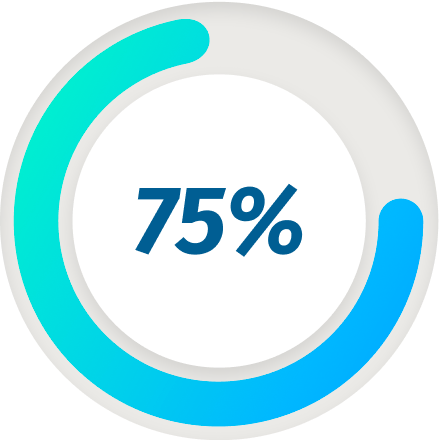
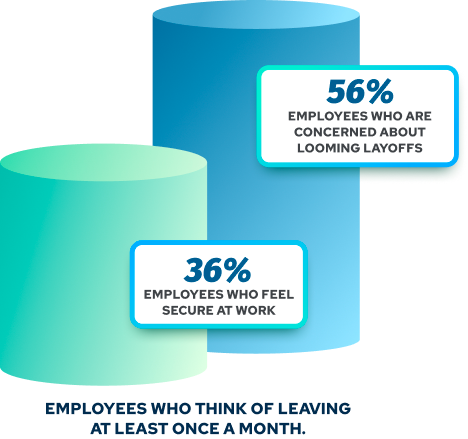
But why do workers want to leave? For many, the answer is financial anxiety. Among employees who have thought about quitting, 43% say their salaries haven't kept pace with skyrocketing inflation.
Other reasons employees want to leave include:
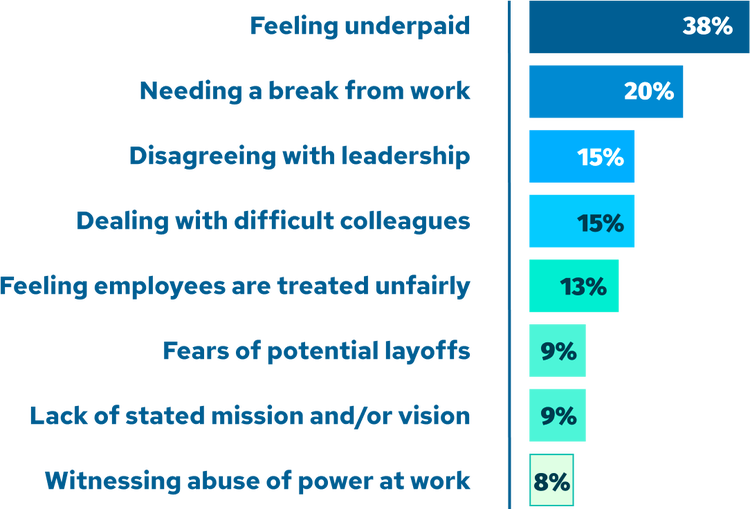
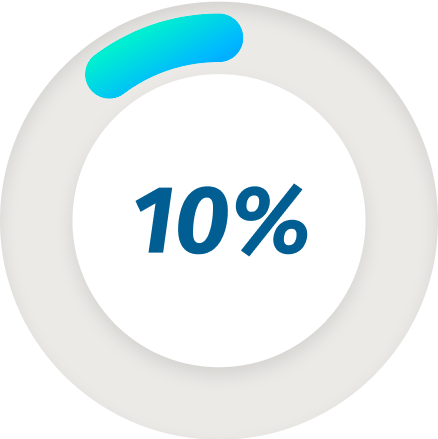
Advice for HR Professionals
Fine tune your mission and vision, and communicate clearly about the future.
Be open with your employees, and share what the business’s goals and intentions are for the next year—are you growing or staying the same? And if you’ve done layoffs, you need to rebuild trust with your remaining employees by first confirming that there won't be any more (if applicable) and having stay conversations with your key contributors.
Employees Are Ignoring Workplace Frustrations Due to Financial Stress and Layoff Fears
Although some employees feel frustrated by their current jobs, soaring inflation and the fear of layoffs keeps them from looking for a new opportunity.
Nearly half of employees (45%) say they put up with little frustrations at their job because they’re unable to quit. The top reasons employees are motivated to stay include:
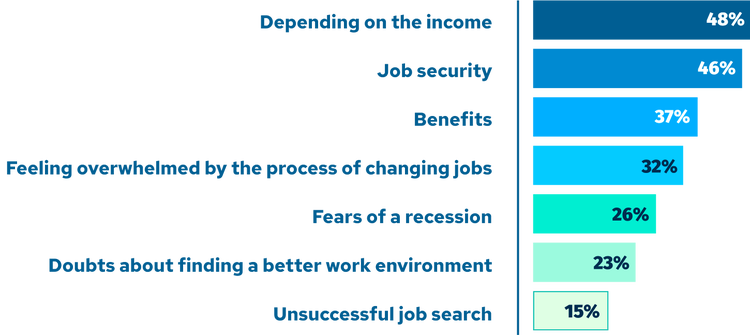
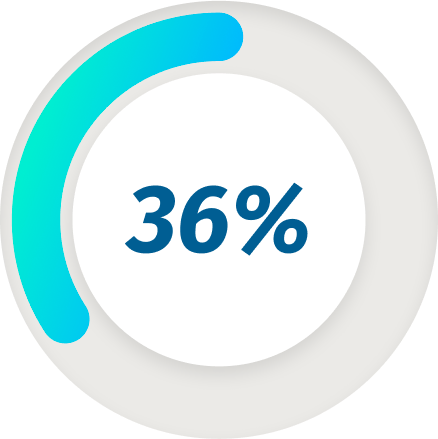
As employees struggle with these stressors, many are evaluating how secure their current jobs might be. Overall, employees believe that recent hires are more likely to be laid off than long-standing employees (62% vs. 20%).
This appears to be true. When considering layoffs, 65% of HR professionals stick to a “last in, first out” mentality.
Regardless of tenure, employees believe some professions are less stable than others. Overall, 31% of employees believe marketing roles are most likely to be laid off, followed by:
- Client or customer facing roles (30%)
- Human resources (15%)
- IT, tech, or engineering (10%)
- Finance (6%)

Among the 500 HR professionals we surveyed, 1 in 5 (20%) believe their own role is the most likely to be laid off.
Still, human resources departments have the power to soothe these worries. “Retaining talent and fostering trust during an uncertain economy is critical for HR leaders and the rest of the executive team," says Anita Grantham, Head of HR at BambooHR. "My advice is to prioritize transparency if your business finds itself in a position where you need to conduct layoffs. Be open with your employees about how layoffs were decided and what employees can expect in the future.”
Companies that are consistently transparent about their strategy, including a long-term vision for their products and services, are more likely to earn—and keep—employees' trust during layoffs or other challenges. If your organization is on the other end of the spectrum—stable despite external uncertainty—it's important to reassure employees by communicating that, too.
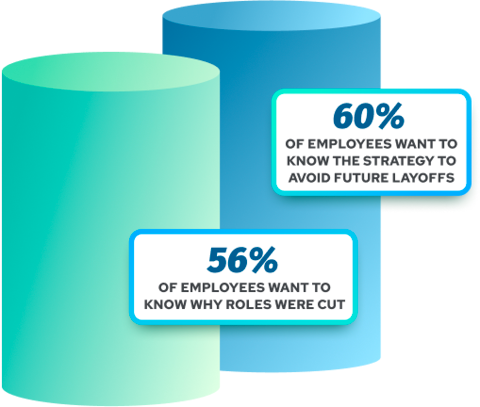
Advice for HR Professionals
Develop a compensation strategy.
By defining and communicating a clear compensation strategy, HR professionals can reduce uncertainty or confusion among employees. Transparency exists on a spectrum, and HR managers can advise executives on how to incorporate the right level of transparency for your business.
Be open about why layoffs are necessary.
If your company does need to lay off employees, be clear about the reason. We also recommend disclosing a list of affected employees in a respectful manner, as their remaining colleagues may want to lend support.
As Anxieties Grow, Many Employees Are Taking on Second Jobs
The uncertain economy has prompted employees to start planning for the future—particularly for those who fear layoffs are coming.
Nearly two-thirds of employees (63%) already know what kinds of companies they’d apply to if they were to lose their job.
Overall, nearly one-third of employees (31%) have taken on some form of secondary employment outside of their full-time job, including:

- Part-time work (17%)
- Freelance or contract work (16%)
- A second full-time job (3%)
Younger employees are the most likely to take on additional part-time work. Nearly one-quarter of Gen Z workers (24%) say they have a second job—more than millennials (22%), Gen Xers (13%), or baby boomers (8%).
Employees are also more likely to pick up extra work if they're worried about layoffs. 28% of employees who fear layoffs have taken on part-time work in the last year, more than double the number of unconcerned workers (13%).
Advice for HR Professionals
Look for opportunities to improve employee satisfaction.
If you don't regularly survey employees, now is the time to start. Regularly gather and review employee satisfaction survey data to understand the best ways to improve morale. For example, you might find that employees want more growth opportunities, in which case offering more internal promotions, work shadowing, or cross-training could help boost overall engagement and retention.
4 in 5 Employees Have Had Negative Experiences While Job Searching or Onboarding
For the majority of employees, the hiring process is littered with poor interactions. 83% of the employees we surveyed say they've had bad experiences during the hiring or onboarding process.
When we asked employees to share their worst hiring experiences, common themes included ghosting and rude hiring managers, coworkers, or interviewers.
Some employees also shared negative experiences with discrimination during the hiring process:
- “There was very clear age and education discrimination. They disregarded my experience.”
- “There was a very misogynistic boys club of supervisors.”
- "Frankly, I’ve never worked for a company with an HR function that tried to protect employees. Always feels like HR is just a function designed to spy on or justify company abuses or poor treatment of employees."
For others, the companies that hired them ultimately proved to be untrustworthy:
- “[I] appl[ied] for, [was] given, and accept[ed] a new position only to find they reduced the seniority and compensation for the position due to my age. I was told, ‘You’re too young to make that level of compensation here despite you being offered the position. You’ll work your way into it. Just give it more time.’”
- “Very vague interviews and information regarding roles. When I was hired I was not trained properly, and it caught up to me down the line when I was not doing things properly.”
- “Every company I have worked for has been terrible with succession planning. Because of this multiple people are expected to transition out of and into new roles concurrently, creating tons of friction, awful work-life balance, and no one is getting paid for the additional work. Meanwhile, HR props up this awful process or turns a blind eye.”
- “The new hire experience was very sink or swim. I was basically asked to go do my new job with no training or guidance.”
- “The onboarding experience was unorganized and overcrowded.”
Advice for HR Professionals
Strive for responsiveness.
Implement an applicant tracking process that streamlines—or even automates—communication between recruiters and potential new hires. Above all, avoid ghosting, which builds distrust between potential employees and your business and can be detrimental to your employer brand
Create a clear, structured job description.
A comprehensive job description is the foundation of a structured, fair, and inclusive hiring process. Starting with all the relevant details from the start means your job ad will be that much more compelling and attractive. A clear job description also helps you create candidate scorecards, a great tool for keeping all interviewers focused on the skills needed for the role (rather than more subjective or biased opinions).
Provide interview training.
Before posting a new role, you need to get on the same page with the hiring manager about the open role and the specific skills needed to strengthen the team. With that knowledge in hand, coach hiring managers on interviewing best practices, such as coming up with standard questions or even developing a script.
Job Seekers Want Transparency—But Companies Aren't Providing It
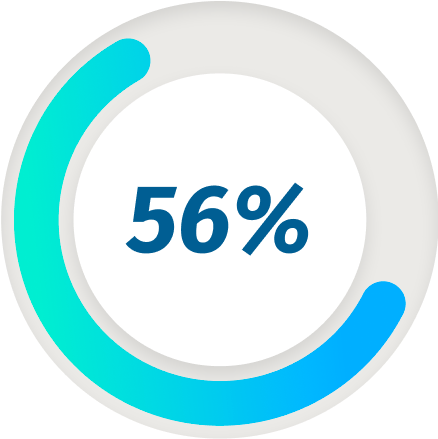
Before applying to a job, 77% of employees want to learn everything they can about the company. Nearly one-third of job seekers (32%) are even willing to reach out directly to ex- and current employees in search of the truth.
Other common tactics include seeking information via:
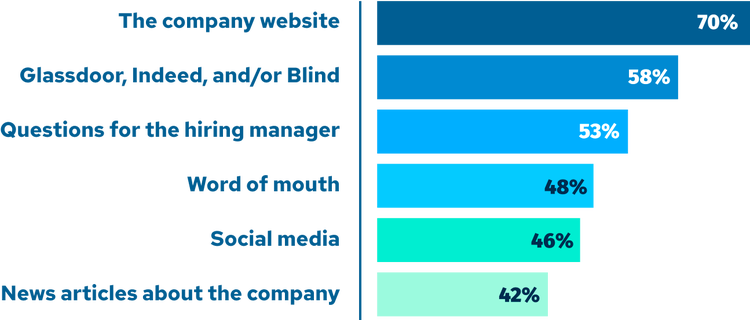
For 3 in 5 employees (60%), companies that are honest about their weaknesses and strengths are more attractive.
Transparency is even more impactful when applied to total compensation details. Employees want to know about:

Nearly one-third (30%) also look for any news of recent layoffs or reorganizations.
Unfortunately, many companies fail to disclose the information that could persuade job seekers to apply. Although job seekers say benefits matter most to them, 36% of HR professionals admit that their company doesn't proactively provide information about benefits offerings.
Additionally, nearly half of HR professionals (49%) say their company doesn't provide total compensation details to candidates up front.
Candidates are also eager to know what the day to day experience is like at a new company—for better or worse. Other details candidates are likely to seek include:
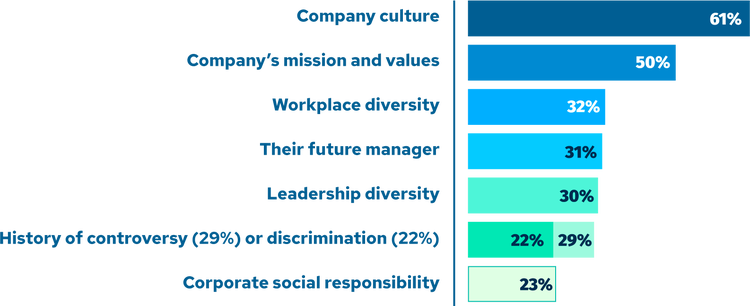
Advice for HR Professionals
Clarify your employee value proposition.
Your employee value proposition is what people can expect to gain from working for you. To attract candidates who’ll feel happy and motivated to work at your organization, help them understand what you bring to the table, including your workplace culture, employees, rewards, and of course, benefits. Then, be sure to standardize this employee value proposition across departments and hiring managers to present a consistent, clear message.
HR Professionals Are Unlikely to Judge or Disqualify Candidates Who Were Previously Laid Off
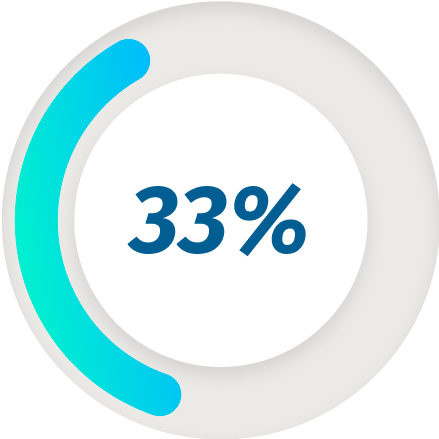
As layoffs disrupt the job market, 52% of HR professionals recognize that there is an opportunity for their companies to discover and attract top talent that may not otherwise be on the market. More than half of HR professionals (55%) acknowledge that an uncertain economy creates a larger pool of qualified candidates.
“While layoffs can happen during an uncertain economic climate, HR professionals are always looking for the best talent," Grantham says. "Don’t let the current climate discourage you. If you’re looking for a new job, lean on your network to help you find the right fit—the right company is looking for you, too."
Today, HR professionals primarily use LinkedIn (43%), employee references (26%), and word of mouth referrals (11%) to seek potential candidates—so job seekers should embrace networking as a path to their next role.
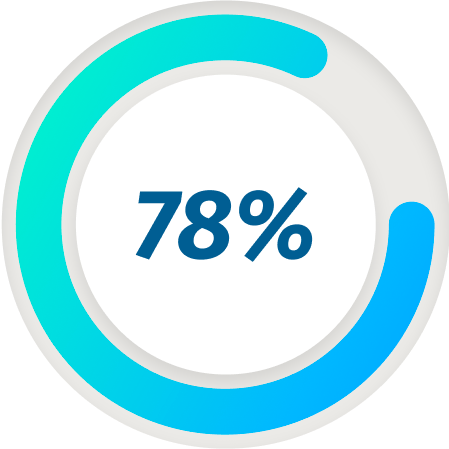
Overall, Baby Boomers are most likely to be understanding about layoffs, with 92% saying it won't change the way they perceive someone.
Younger generations—who may have less experience navigating a tough economy—are slightly less forgiving, but the majority still refrain from letting layoffs change their perceptions of fellow workers. 78% of Gen Xers, 77% of Millennials, and 66% of Gen Z all say they wouldn't think less of someone after a layoff.
Advice for HR Professionals
Keep your network fresh.
On the hiring side, you should meet with hiring managers and other leadership, even if you aren’t hiring for those specific roles, to keep your pipeline strong regardless of the economic climate.
On the candidate side, keep your profile updated so it's easier for companies to find you, e.g., add in keywords and maintain an active presence on professional platforms to increase your visibility.
Stay engaged in your community.
For HR professionals and job seekers alike, your community is a great place to find help and support. And it doesn’t matter if you define your community through geography, industry, online groups, etc.
The most important part is to be involved so you have people to call on when you need the help. Second, make sure you honor that community’s trust and investment by giving back (and giving back more than you took is always better).
Don’t be afraid to be transparent about layoffs.
If you're seeking a new job, you can be open about the fact you’ve been laid off. While it of course depends on the person hiring you, it’s clear many people either won’t stigmatize you for it, and some might even be more willing to give you the job.
And if you're in a position to hire, be transparent about any layoffs or reorganizations that have occurred—or candidates will simply find out through other means.
Build a Better Employee Experience with BambooHR
BambooHR sets you free to focus on what matters most—your people. BambooHR is the complete HR platform where everything works together.
With BambooHR, you can:
- Simplify and speed up your hiring process
- Onboard new employees easily with a standardized, digital platform
- Manage time, benefits, and compensation
- Develop company culture
- Gather and analyze employee data
Ready to learn more? Sign up for a free demo.
ABOUT BAMBOOHR
BambooHR brings together everything from hire to retire, helping businesses create amazing workplaces. With our complete HR platform, you can easily hire, onboard, manage time, payroll, and benefits, analyze employee data, and more. Our mission is to set you free to focus on what matters most: your people. To find out more, visit bamboohr.com or follow @bamboohr on social media.
METHODOLOGY
BambooHR conducted this research using an online survey prepared by Method Research and distributed by RepData among 1,500 adults age 18 and over in the United States who are full-time office or knowledge workers. Among the sample, 500 respondents are in an HR functional management role. The sample was equally split between gender, with a spread of age groups and geographies represented, and readable race groups. Data was collected from December 19, 2022 to January 4, 2023.
Mastering Performance Management
Rather watch than read? Sit back and enjoy our popular video series on what it takes to master performance management at your company.
How HR Professionals Can Manage Employee Benefits in a Post-Pandemic World
Take a look at some tools and strategies to help you identify, measure, and prioritize the benefit expectations of your current and future workforce.
BambooHR Performance Management
Wondering how to improve your productivity processes? See what effective performance management software looks like up close.